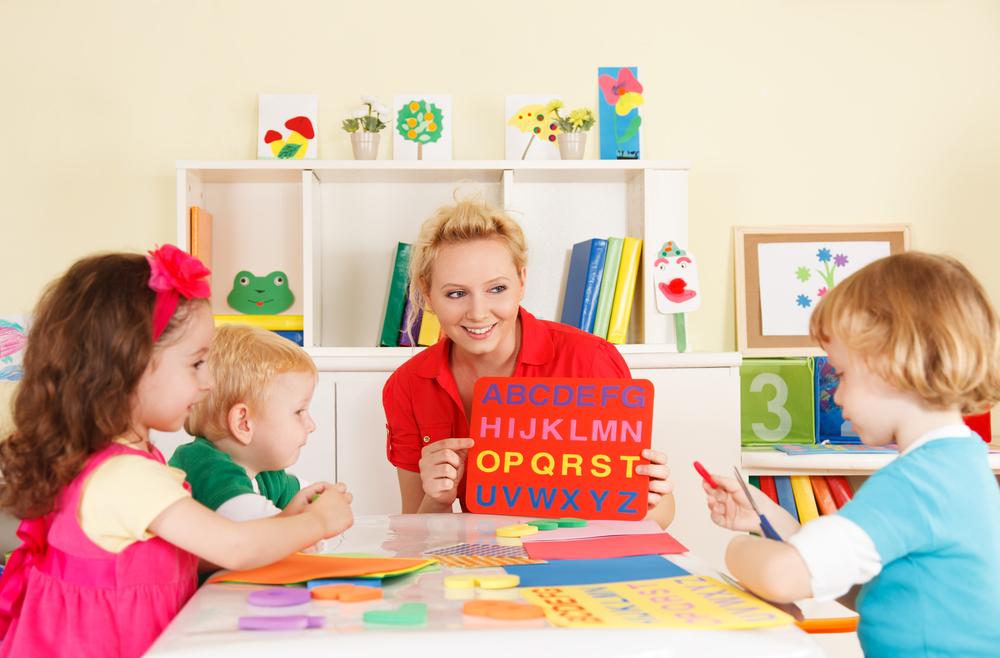Essential Guidelines for Choosing the Right Preschool for Your Child
Discover essential tips for selecting the best preschool for your child. Focus on curriculum quality, physical activity, value education, and positive interactions to ensure a nurturing environment that promotes early development and independence. Visit and observe classrooms to make an informed decision for your child's bright future.
Sponsored

Research shows that children enrolled in quality preschools tend to perform better academically, secure better jobs, and demonstrate stronger discipline later in life. This underscores the importance of selecting an excellent preschool for your little one.
Here are key tips to help you find the best fit for your child’s early education.
Review the Curriculum
Examine the curriculum thoroughly. Ensure fundamentals like alphabet and number learning are prioritized, as early mastery accelerates future learning. Observe classroom environments; walls decorated with educational charts often signal a focus on core skills, though some preschools emphasize holistic, play-based methods instead.
Young children absorb new concepts rapidly. This is an ideal age to introduce foundational skills. During visits, inquire about teaching methods and observe if the classroom environment promotes early learning through visual aids and engaging activities. It's not mandatory for preschools to display all educational charts; some focus on experiential learning that fosters creativity and independence.
Physical activity is vital for healthy development. Ensure the preschool provides ample time for children to run, play, and explore physically, integrating fun with learning. When visiting, check the playground facilities and discuss physical education with staff.
Allowing children to pursue activities of their choice nurtures individual talents and confidence. Select programs that allocate time for free play and personal interests, avoiding overly structured routines that may suppress independence.
Values education plays a crucial role. Ask teachers about the moral lessons and behavioral guidelines emphasized at the school. Handling conflicts constructively and instilling strong ethics prepare children for future social interactions. Consistent messaging at school and home reinforces these principles.
Positive relationships are foundational. Observe teachers’ interactions—genuine smiles and engaging communication indicate a nurturing environment. Also, note if children socialize harmoniously, reflecting a supportive community.
If a preschool meets these criteria, you can be confident your child is in capable hands, setting a solid foundation for their growth and development.






